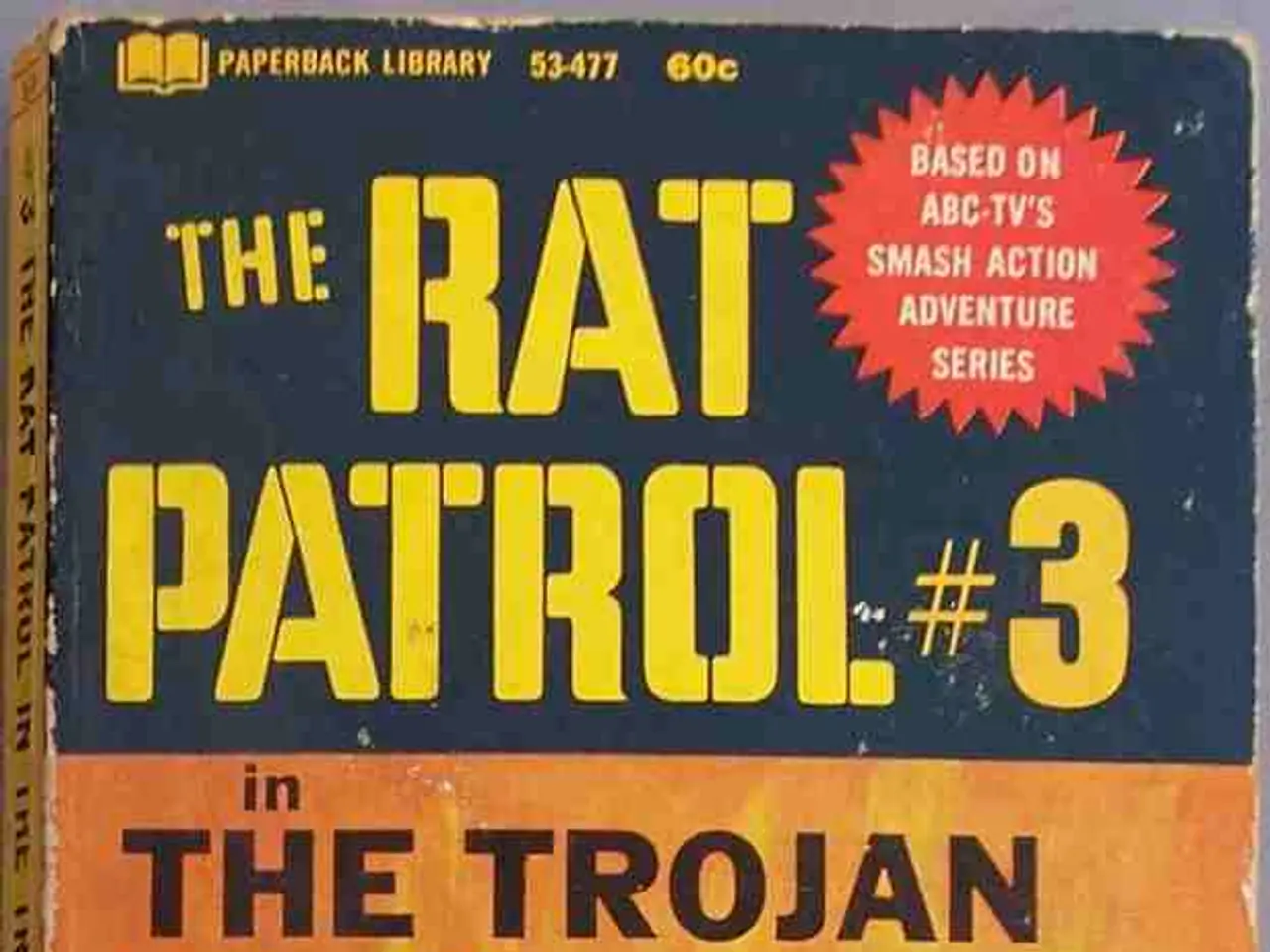Investigative Body Unveiled: Commission Revealed
In a significant move aimed at enforcing international law, the United Nations Security Council has reinstated a weapons embargo on Iran as of late September 2025. This decision was made possible through the triggering of the "snapback" mechanism due to Iran's violations of the Joint Comprehensive Plan of Action (JCPoA) nuclear commitments.
Embargoes, a diplomatic tool used by states, are typically imposed as a means to punish countries that breach international law. They can be imposed by multiple states collectively, rather than just one. An embargo can result in the cessation of certain goods being supplied to a state, such as the seizure of ships or the restriction of goods and trade.
One common form of embargo demanded is an arms embargo. In the case of Iran, the reinstated embargo prohibits the supply, sale, or transfer of arms and related materiel to and from the country. This measure is intended to induce Iran to respect international law again and prevent warlike actions.
It is believed that embargoes have the potential to prevent conflict, as they can put economic pressure on a country, making it less likely to engage in aggressive actions. Embargoes are also a way for states to exert diplomatic pressure on other states, encouraging them to comply with international law.
However, it's important to note that the current state of specific country-wide weapon embargoes, apart from the one on Iran, was not detailed in the search results. The effectiveness of embargoes can vary greatly depending on the specific circumstances and the response of the targeted country.
In conclusion, the imposition of an arms embargo by the United Nations Security Council on Iran serves as a reminder of the importance of adhering to international law. It also underscores the potential of embargoes as a diplomatic tool to encourage compliance and maintain peace in the international community.
Read also:
- Catastrophic blast at a US Steel facility in Pennsylvania causes 2 fatalities, inflicts injuries on 10 individuals
- Weekly developments in the German federal parliament, the Bundestag
- Solar Shutdown: Merz Proposes Billions of Gas Discharge - Reverse Plan
- New guidelines for NEPA processes unveiled by federal agencies, in alignment with Executive Order 14154 and the Seven County Decision of the Supreme Court








